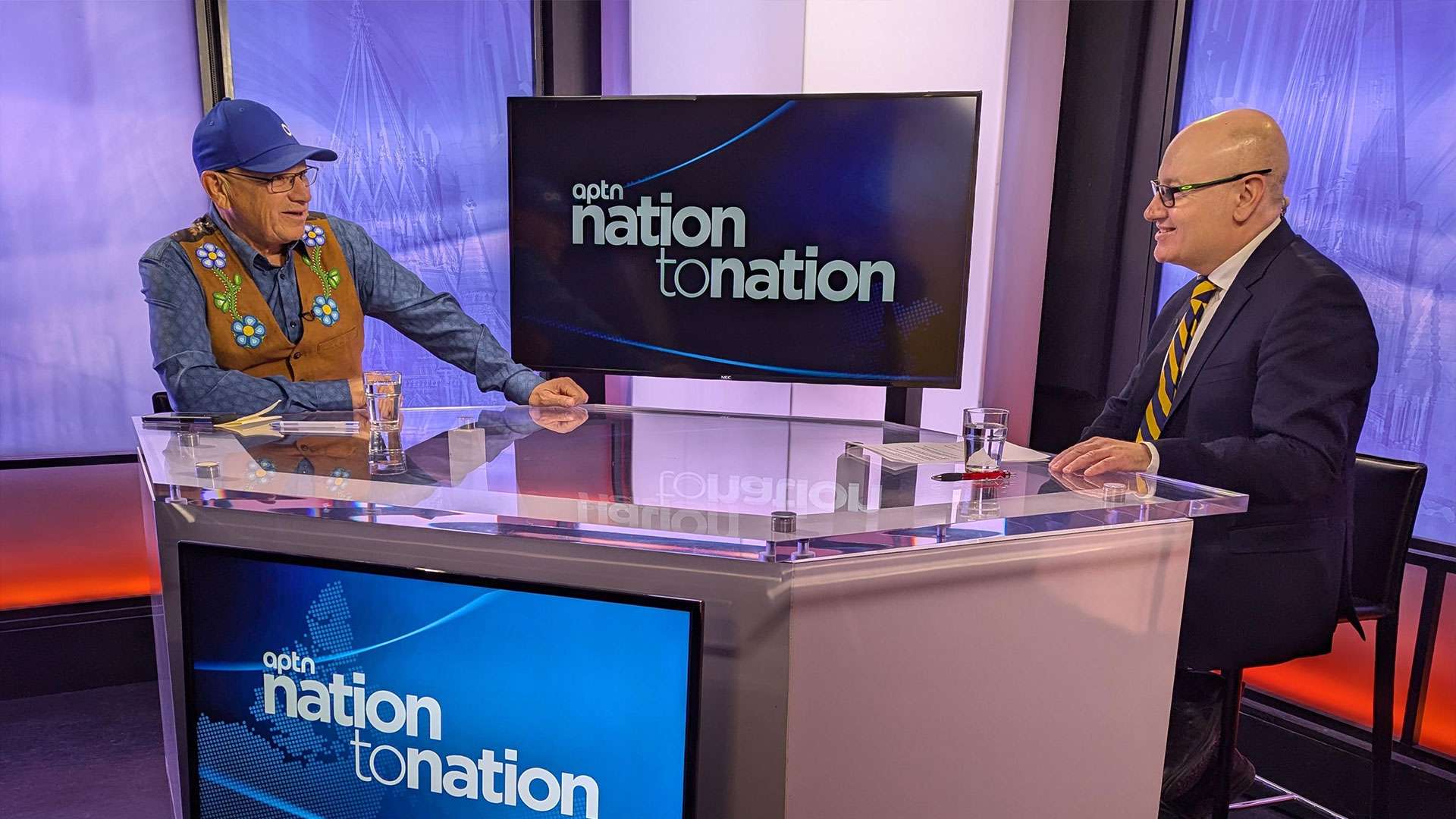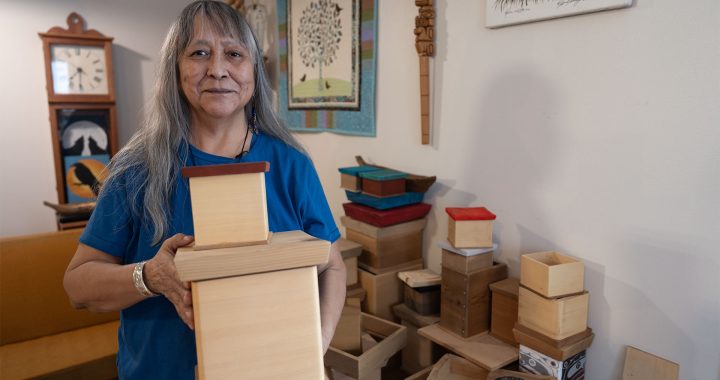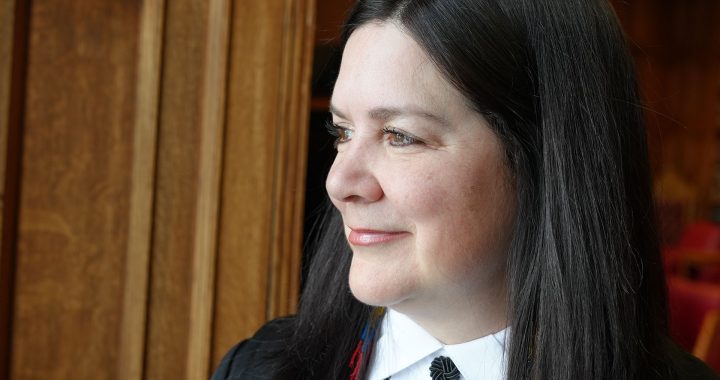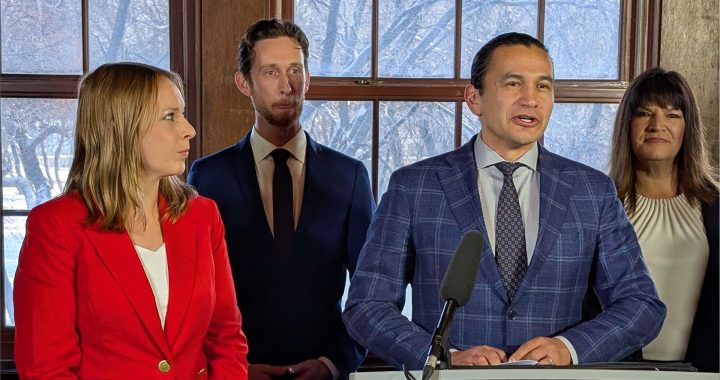An NDP MP says chiefs made the right decision in Calgary last week by rejecting a $47.8 billion agreement on long-term reform in the First Nations child welfare system.
Lori Idlout said the final settlement agreement was full of problems including it expired after ten years, did not include the First Nations Child and Family and Caring Society and was population rather than needs based.
“First Nations children matter in all of Canada and it should not be based on population,” she said. “Population based decisions have always created inequities amongst Indigenous peoples. I can speak for my territory, for example, when we have a huge housing need because we don’t have enough population in Nunavut we never get enough investments in housing because it’s not based on need and that’s the same problem that this proposal was suggesting to make sure that First Nations needs are administered to make it easier for the administration and not based on the needs of First Nations children.”
The agreement was signed between the federal government and the Assembly of First Nations this summer.
It was also endorsed by the Chiefs of Ontario and Nishnawbe Aski Nation.
Idlout said moving forward on First Nations long-term child welfare reform, the Trudeau government needs to take its lead from the treaties and respect existing legal and international obligations.
“Unfortunately, we’ve seen for too long both with the Conservatives and the Liberals being willing to be taken to court. Instructing their lawyers to fight against First Nations in court and basically those kinds of instructions need to stop. Respect Indigenous peoples’ rights, that’s the easiest thing to do.”
Métis Nation-Saskatchewan

The president of the Métis Nation-Saskatchewan says Métis people in the province continue to face unique challenges when it comes to obtaining adequate housing and they need support from all levels of government.
“I never owned a home until late in my years and it’s only because of federal dollars and a few dollars from the provincial government,” Glen McCallum said. “We had a program in Pinehouse where we can actually own our own homes and I own my own home there and it’s a beautiful thing to have. But the working partnership we need to have with the provincial government and federal government is so key.”
Federal Housing Advocate Marie-Josée Houle and the MN-S have released a new report that outlines the obstacles Métis people across the province face in getting housing and recommendations for federal, provincial and municipal governments.
Houle travelled to Saskatchewan in July 2023 making stops in Métis communities in a number of locations including Saskatoon, Prince Albert, North Battleford, Pinehouse, Ile-a-la Crosse and La Loche.
Wildfire firefighting rights

Michael Conlin says First Nations people play an active role in fighting wildfires across Canada every year but they need greater support from the federal government.
“It’s not a job that you can have a livelihood with, have a family and go home,” he said. “It’s seasonal. So, if we could put more (funding), make it a real profession so these guys can continue building on those skills and come back year after year.”
Conlin is a member of the Okanagan Indian Band in British Columbia and he was part of a group that was in Ottawa this week calling on the federal government to double support for wildfire fighters and tackle the threat of climate change that has led to the escalation of forest fires across the country in recent years.












